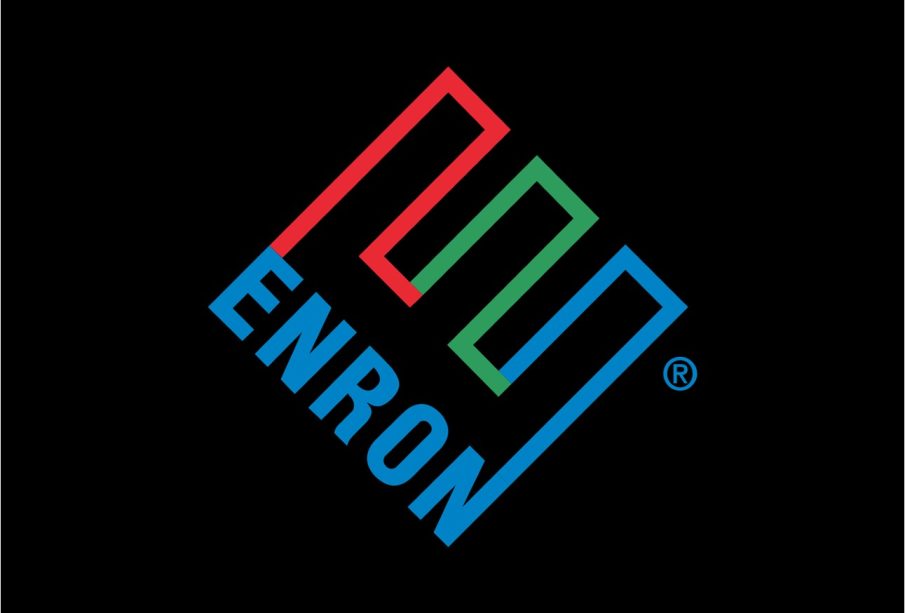Unraveling Enron: Lessons from a Corporate Scandal

Introduction
The Enron scandal, which surfaced in the early 2000s, serves as a pivotal moment in corporate history, highlighting the catastrophic consequences of corporate greed and unethical practices. Enron Corporation, once regarded as a high-flying energy company, filed for bankruptcy in December 2001, leading to substantial losses for employees, investors, and retired workers alike. This story underscores the necessity for rigorous regulatory oversight and ethical governance in the corporate world.
The Rise and Fall of Enron
Founded in 1985 by Kenneth Lay through a merger, Enron quickly transformed from a natural gas pipeline company into an influential player in the energy sector, pioneering the trading of energy derivatives. Its innovative business model and the charismatic leadership of CEO Jeffrey Skilling contributed to a rise in stock prices that seemed unstoppable, with the company’s valuation peaking at over $70 billion. However, as a result of deceptive accounting practices and a culture prioritizing profit over transparency, cracks began to surface.
The use of accounting loopholes enabled Enron to hide debt and inflate profits, creating an illusion of financial stability. When analysts and journalists began questioning the company’s financial statements, Enron’s façade crumbled. The revelation of internal malfeasance led to an SEC investigation, and by December 2, 2001, Enron declared bankruptcy, marking one of the largest bankruptcies in U.S. history.
Impact and Consequences
The fallout from Enron’s collapse was immediate and far-reaching. Thousands of employees lost their jobs and retirement savings, while investors faced losses exceeding $74 billion. The scandal eroded public trust in corporate governance and accounting practices, ultimately leading to the dissolution of Arthur Andersen, one of the five largest audit and accounting partnerships in the world, which was implicated in Enron’s fraudulent activities.
In response to the scandal, the U.S. Congress enacted the Sarbanes-Oxley Act in 2002, introducing major changes to financial regulation and corporate governance intended to protect shareholders and restore public confidence. Companies are now required to implement stricter internal controls and provide greater transparency in their financial statements.
Conclusion
The Enron scandal serves as a cautionary tale about the importance of ethical business practices and accountability. Its legacy continues to inform corporate governance reforms, lessons on risk management, and the integration of ethical standards in business education. As corporate malfeasance remains a concern in today’s financial landscape, the story of Enron reminds us that transparency, integrity, and accountability are critical in preventing similar disasters in the future. Understanding the repercussions of Enron not only underscores the fragility of corporate structures but also emphasizes the need for ongoing vigilance among regulators, executives, and shareholders alike.









